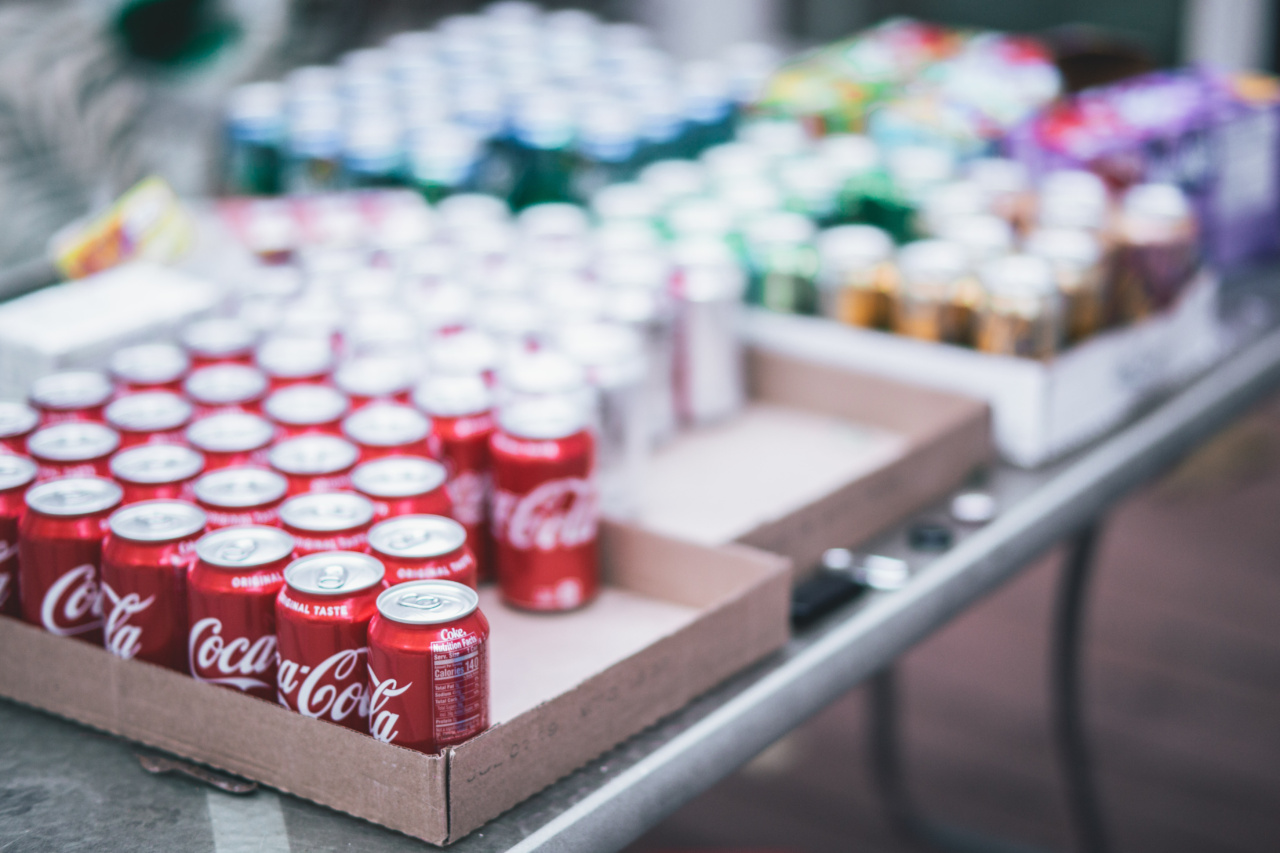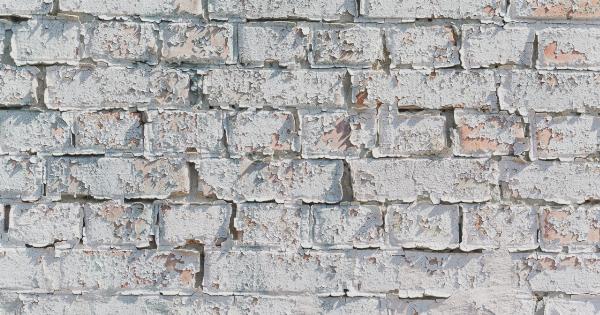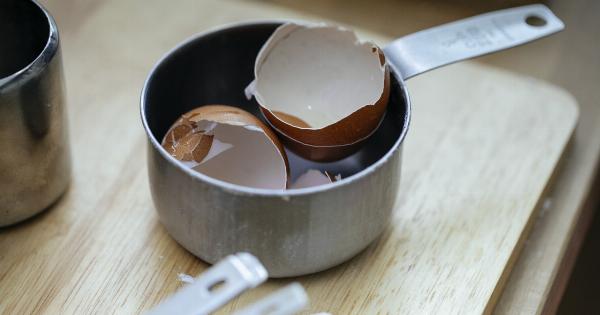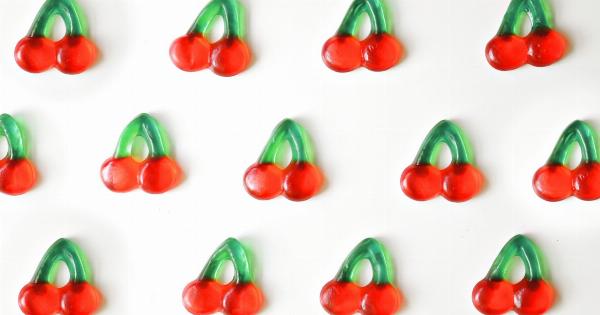Carbonated drinks, such as soda and sparkling water, have become a staple in many people’s diets.
They offer a refreshing and fizzy drink option, but what many individuals might not realize is the potential harm these beverages may cause to their dental health. Dental erosion, the irreversible loss of tooth structure, has been linked to the consumption of carbonated drinks.
This article will explore the link between carbonated drinks and dental erosion, the underlying causes of this issue, and the preventive measures individuals can take to safeguard their dental health.
Understanding Dental Erosion
Dental erosion is a process that occurs when the enamel, the outer protective layer of the teeth, is gradually worn away. This erosion exposes the underlying dentin, making the teeth more prone to sensitivity, decay, and other oral health problems.
Carbonated drinks have been identified as one of the leading causes of dental erosion due to their acidic nature.
The Acidic pH of Carbonated Drinks
Carbonated drinks, including both regular and diet sodas, have a low pH value, indicating their high acidity. The pH scale ranges from 0 to 14, with values less than 7 being acidic.
Some carbonated drinks have a pH as low as 2.5, which is highly acidic and can severely damage tooth enamel over time. The acidity in these beverages is primarily due to carbonic acid, phosphoric acid, and citric acid, which are added for flavor or preservation purposes.
Effects of Acidity on Tooth Enamel
When you consume carbonated drinks, the acids present in the beverage come into contact with your teeth. This interaction triggers a process known as demineralization, where the minerals present in the enamel are dissolved.
Over time, frequent exposure to these acids weakens the enamel, making it more susceptible to erosion. It is important to note that even sugar-free carbonated drinks pose a risk, as they are still acidic and contribute to enamel erosion.
Other Factors Contributing to Dental Erosion
While carbonated drinks play a significant role in dental erosion, there are other factors that can increase the risk further. One such factor is the method of consuming the drink.
Drinking carbonated beverages slowly or holding them in your mouth exposes your teeth to the acids for a longer duration, intensifying the potential damage. Additionally, individuals who frequently consume large quantities of carbonated drinks are at a higher risk of dental erosion compared to occasional consumers.
Preventive Measures to Protect Dental Health
Thankfully, there are several preventive measures individuals can take to minimize the risk of dental erosion caused by carbonated drinks:.
1. Limit Consumption
Reducing the frequency and quantity of carbonated drink consumption can significantly lower the risk of dental erosion.
Opt for alternative drink options like water, herbal tea, or milk, which have a neutral or alkaline pH and are less harmful to tooth enamel.
2. Use a Straw
When drinking carbonated drinks, using a straw can help minimize the contact between the beverage and your teeth. This reduces the chances of acid exposure and limits the erosive effects on tooth enamel.
3. Rinse Your Mouth
After consuming a carbonated drink, rinse your mouth with water to help neutralize the acidity and wash away any lingering sugars or acids.
Avoid brushing your teeth immediately after consumption, as the enamel may still be softened and susceptible to damage.
4. Opt for Carbonation-Free Alternatives
If you enjoy the fizzy sensation of carbonated drinks, consider trying sparkling water without any added acids or flavors. Although it still maintains some level of carbonation, it is a much safer choice for your dental health.
5. Maintain Good Oral Hygiene
Practicing proper oral hygiene, including regular brushing and flossing, is crucial in protecting your teeth from dental erosion and other oral health issues.
Brush your teeth twice a day with a fluoride toothpaste and use a soft-bristled toothbrush to minimize enamel wear.
6. Visit Your Dentist Regularly
Scheduling regular dental check-ups is essential for monitoring your oral health and addressing any concerns related to dental erosion.
Your dentist can provide personalized advice, perform professional cleanings, and offer treatments to strengthen and protect your tooth enamel.
Conclusion
Carbonated drinks can be enjoyable to consume, but they pose a significant risk to dental health. The acidic nature of these beverages contributes to dental erosion, which can lead to tooth sensitivity, decay, and other oral health problems.
By limiting consumption, using straws, rinsing after consumption, opting for carbonation-free alternatives, maintaining good oral hygiene, and visiting the dentist regularly, individuals can take proactive steps to protect their dental health. Ultimately, awareness and moderation are key to minimizing the harmful effects of carbonated drinks on teeth.































